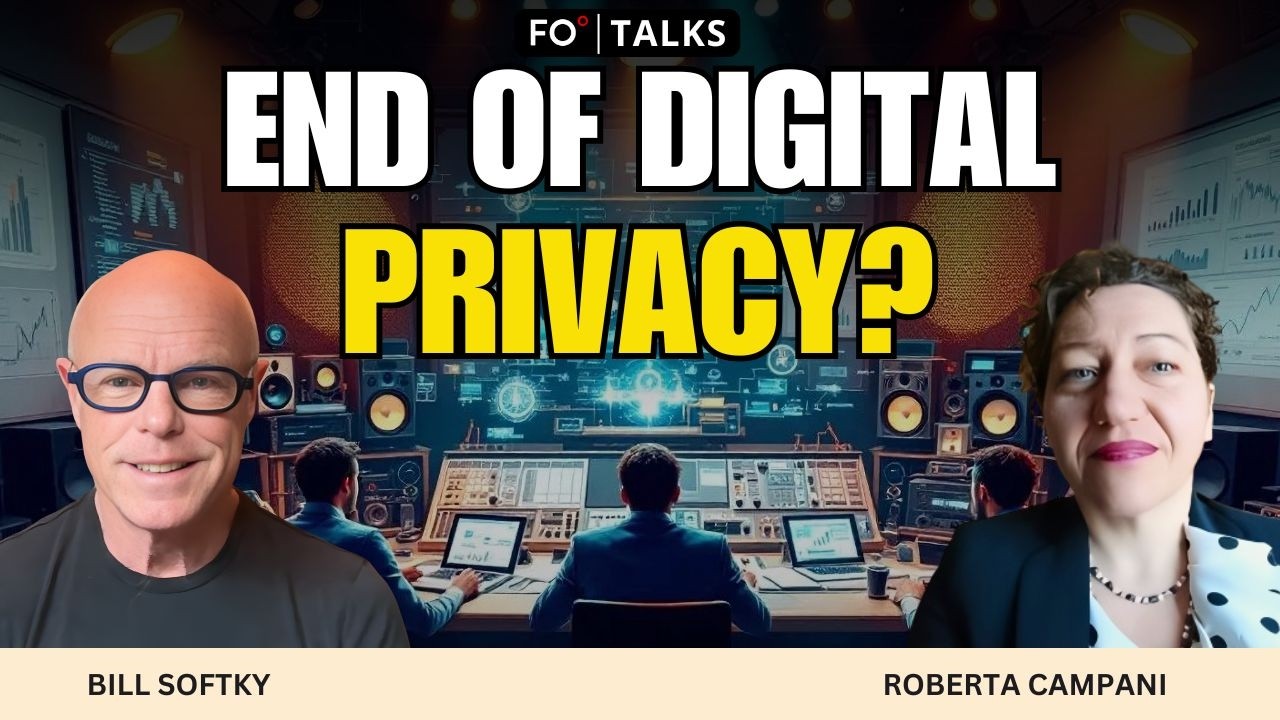On June 24, the US Supreme Court shocked legal observers with Loper Bright Enterprises v. Raimondo. The decision overturned the 40-year-old doctrine of Chevron deference.
Stemming from the 1984 Chevron U.S.A., Inc. v. National Resources Defense Council, Inc., the Chevron deference doctrine required US courts defer to the administration’s interpretation of ambiguous laws. This means that myriads of closed cases are now open for litigation as individuals and corporations across the country can and likely will seek to challenge old administrative decisions.
How did Chevron deference work?
When Congress makes laws, it cannot possibly predict every set of circumstances to which the law may be applied. This means that, when applying laws, the federal bureaucracy — which ultimately answers to the president — has to use its best judgment to apply the law in ambiguous instances. Agencies like the Department of Labor, the Securities and Exchange Commission and even the Environmental Protection Agency (EPA) employ not only lawyers but subject matter experts to help them make these decisions.
In 1981, the National Resources Defense Council, an environmental group, successfully challenged the validity of the EPA’s interpretation of the Clean Air Act in the District of Columbia circuit court. Chevron Corporation, an oil and gas firm, appealed the ruling. The Supreme Court ruled in favor of Chevron and the EPA’s interpretation. The Court reasoned that administrative agencies would be crippled if federal courts constantly questioned their regulations and overturned their decision. So, the Court stipulated that, as long as an agency follows a plausible interpretation of the law, federal courts are not to contradict it.
Originally, conservatives welcomed the decision, because the outcome favored their interests in fossil fuels. The principle on which Chevron was based was not, at the time, a partisan issue, and few observers expected the decision to be very significant. However, in succeeding years Chevron took on a life of its own. Federal courts cited the decision thousands of times.
Conservatives complained that Chevron was making it difficult for private parties to challenge any action of the bureaucracy. They also accused Democrats of deliberately passing ambiguous laws so that their allies in the administration could use “interpretation” to push liberal agendas.
Cases are tailored to attack specific laws
The United States is a common law jurisdiction — a trait which it inherited from England. In the common law tradition, courts cannot simply intervene to reinterpret the law when asked to do so. They must wait for a case to arise in which an injured party requires relief and granting that relief requires reinterpreting the law. Lawyers know this, and over the years they have developed the art of intentionally crafting a case so that the courts will need to reinterpret the law as desired. Loper Bright was one such case; it was designed to run afoul of Chevron.
Loper Bright Enterprises, a herring fishery, was required by law to keep a third-party monitor on every boat to prevent overfishing. The government had been paying the monitors, but the money ran out; the National Marine Fisheries Service (NMFS), a branch of the Commerce Department thus instituted a new rule to shift the sudden burden: the fisheries themselves would have to pay the monitors’ salary. This caused an uproar amongst the herring fishermen. Their own salaries depended on the catch; sometimes, fish were scarce. But the monitors received a flat fee, regardless of the catch. Often, the monitor was the best-paid person on the boat, even including the captain.
Loper Bright sued Commerce Secretary Gina Raimondo, claiming the NMFS was misinterpreting the law. Naturally, the initial court dismissed the suit, citing Chevron. Loper Bright appealed up to the Supreme Court. Loper Bright found a ready audience in a Court packed with conservative textualists who disliked the idea of bureaucracies loosely applying the law. The court took the Administrative Procedure Act (APA) as requiring courts to use their own interpretation of the law when ruling cases. In a 6-3 decision split along ideological lines, the Court ruled in Loper Bright’s favor, overturning Chevron.
The consequences of overturning Chevron
The Loper Bright decision was not retroactive, which means it did not disestablish the past rulings in favor of the administrative state. However, dissenting justices pointed out that another recent case, Corner Post Inc. v. Board of Governors of the Federal Reserve System, allows litigants to bypass the six-year statute of limitations for civil suits. This means that all 40 years of Chevron-based decisions may now be thrown into question.
This will have extensive ramifications for the administrative state. There is likely to be a feeding frenzy of lawsuits within the coming years seeking to overturn any number of administrative rules. At present, there is no telling what the outcome will be, which policies will be overturned and how. For now, many are hopeful that this will result in a sharp curtailing of administrative power.
[Cheyenne Torres wrote the first draft of this piece.]
The views expressed in this article/video are the author’s own and do not necessarily reflect Fair Observer’s editorial policy.








































Commenting Guidelines
Please read our commenting guidelines before commenting.
1. Be Respectful: Please be polite to the author. Avoid hostility. The whole point of Fair Observer is openness to different perspectives from perspectives from around the world.
2. Comment Thoughtfully: Please be relevant and constructive. We do not allow personal attacks, disinformation or trolling. We will remove hate speech or incitement.
3. Contribute Usefully: Add something of value — a point of view, an argument, a personal experience or a relevant link if you are citing statistics and key facts.
Please agree to the guidelines before proceeding.